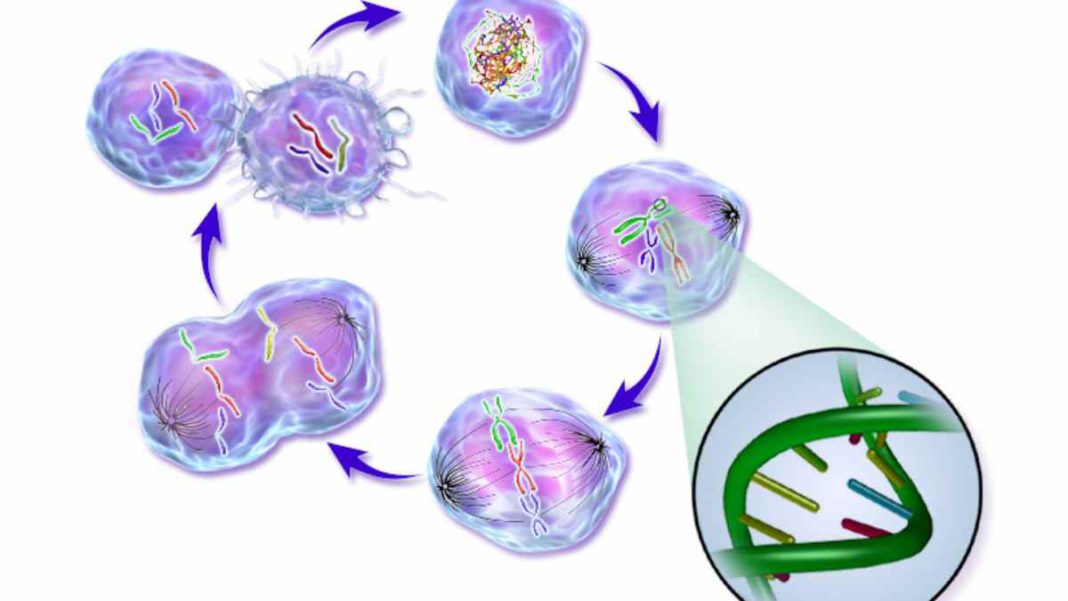UNITED STATES: A fresh study conducted by researchers from the University of Southern California (USC) has revealed a critical discovery in the field of cancer research.
The study, published in the Proceedings of the National Academy of Sciences, sheds light on the role of a protein called GRP78 in the metastasis of cancer cells, offering potential new strategies to halt their spread.
Metastasis, the process by which cancer cells spread from the primary tumor to other parts of the body, is a significant challenge in cancer treatment.
The USC research team, based at the Keck School of Medicine, focused on investigating the cellular chaperone protein GRP78, known for regulating protein folding within cells.
Previously, GRP78 was associated with cancer growth and resistance to treatment when cells were under stress. However, the latest findings revealed an unexpected twist in GRP78’s function during cancer progression. Lead researcher Dr. Amy S. Lee, described the discovery as a novel phenomenon in the basic mechanisms of cancer cells.
The study found that under stress, GRP78 migrates from its typical location in the endoplasmic reticulum to the cell’s nucleus, where it alters gene activity and modifies the cell’s behavior, making cancer cells more mobile and invasive.
The study’s pivotal moment occurred when postdoctoral researcher Ze Liu, analyzing how GRP78 regulates the cancer-associated gene EGFR, noticed that GRP78 was controlling EGFR’s gene activity within the nucleus.
This observation prompted the team to delve deeper into GRP78’s role in the nucleus of lung cancer cells and normal cells under stress using high-resolution imaging techniques.
The investigation revealed that GRP78 in the nucleus primarily regulates genes responsible for cell migration and invasion. Intriguingly, GRP78 interacts with another cellular protein called ID2, which typically suppresses genes that allow cells to migrate.
Increased cancer cell invasiveness results from GRP78’s binding to ID2, which stops ID2 from inhibiting these genes. Dr. Lee and her team believe that targeting GRP78 or its interactions with ID2 could offer new avenues for cancer treatment.
By down-regulating GRP78 activity, it may be possible to suppress EGFR in lung cancer or prevent GRP78 from binding to ID2, thus hindering cancer cell migration and invasion.
Dr. Lee stated that this finding “opens up exciting new possibilities for cancer treatment. We may be able to intervene and halt cancer spreading in its tracks by finding prospective targets and understanding how GRP78 regulates gene expression in the nucleus”.
The implications of this research extend beyond lung cancer, as GRP78 plays a similar role in various other cancer types, including pancreatic, breast, and colon cancer.
Therefore, the study’s findings have the potential to impact cancer research across the board, leading to innovative therapeutic approaches and improving patient outcomes.
Also Read: Singer Tori Kelly in Critical Condition, Blood Clots Strike Legs and Lungs: Reports



